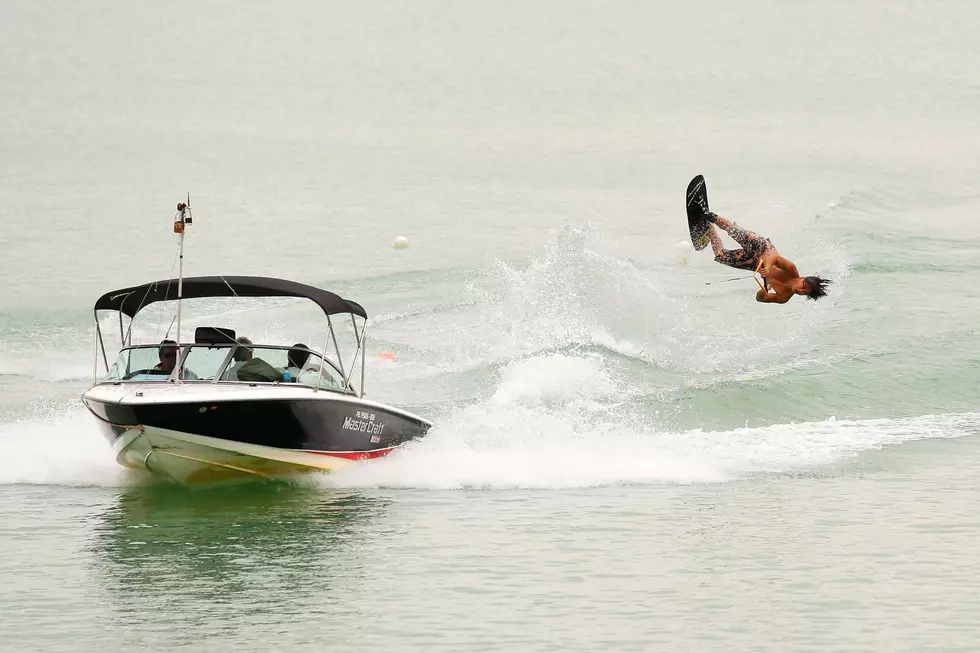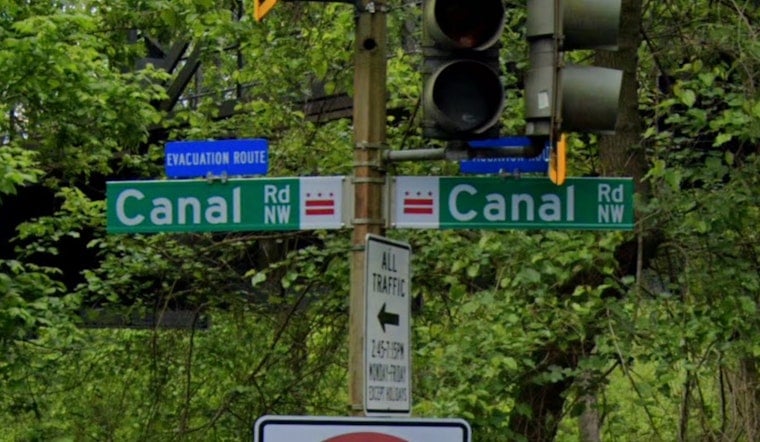Lake Waramaug, nestled between the towns of Washington, Kent, and Warren, will officially ban wakeboarding after a decisive community vote on July 31, 2025. Nearly 1,900 local residents cast their ballots on the issue, with an overwhelming majority supporting the prohibition. The final count stood at 1,452 in favor of the ban and 421 against, according to advocacy group ProtectLakeWaramaug.org.
A Push to Preserve Peace and Ecology
The movement to ban wakeboarding gained traction in recent months, largely due to concerns over the lake’s limited size and depth, which many argue make it unsuitable for such high-impact recreational activity. Wakeboarding boats are known for producing large waves, which, while fun for riders, can lead to shoreline erosion, damage to docks, and disruption of aquatic habitats—issues residents say are especially problematic in a small, shallow lake like Waramaug.
Advocates for the ban, including local environmental groups and long-time residents, emphasized the need to protect the lake’s fragile ecosystem, maintain water quality, and preserve the lake’s quiet, natural atmosphere that defines the region’s character.
Nationwide Trend Against Wake Surfing
This move is not an isolated case. More than 300 lakes across the United States have implemented similar bans or restrictions on wakeboarding and wake surfing, citing comparable environmental and safety concerns. From noise pollution to wave-generated damage, the impacts of wake sports have drawn increasing scrutiny in lakeside communities.
Those in support of the ban pointed to the experiences of other regions where wake sports have led to long-term environmental harm. For example, lakes in New Hampshire and elsewhere have already dealt with 4- to 5-foot waves eroding shorelines and generating disputes between recreational users and homeowners.
What’s Next for Watersports in the Region?
While the ban will certainly change the dynamic at Lake Waramaug, residents speculate that wakeboarders may simply move their activities to larger nearby lakes. One such destination could be Candlewood Lake, where marinas might see a rise in slip rentals as a result.
Still, for the tri-town community surrounding Lake Waramaug, the vote represents a clear consensus to prioritize conservation and tranquility over thrill-seeking recreation. The new policy serves as a testament to what organized civic engagement can accomplish when environmental stewardship is on the line.
As of now, the ban is expected to go into effect immediately, with enforcement handled by local boating and lake authorities. Wakeboarders seeking calmer waters will need to look elsewhere—Lake Waramaug has officially chosen preservation over waves.
















Leave a Reply